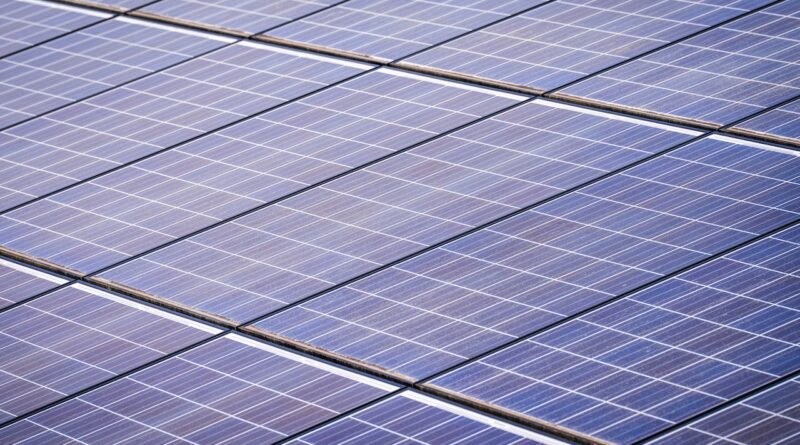Photovoltaic energy: frequently asked questions
It is increasingly common for home and business owners to consider carrying out a photovoltaic installation to save on their electricity bill and contribute to the decarbonization of the planet. And it is normal for a project of this type to raise a multitude of doubts and concerns about it. For this reason, in today’s article, we bring you a compilation of the most frequent questions that are usually asked when carrying out a photovoltaic installation.
What is photovoltaic energy?
As we have already mentioned, it is generally known that photovoltaic installations are an energy alternative that allows us to save and contribute to the sustainability of the planet. However, some people may not know how this energy is produced.
Well, photovoltaic energy is obtained from the direct transformation of solar radiation into electricity, through the agitation of electrons thanks to the thin layer of silicon that covers the panels. This creates an electrical current that is captured and redirected to the home or business circuit.
The more solar radiation the solar panels receive, the more energy a photovoltaic installation will produce. That is why it is better to carry out a solar project on clear roofs and without shadows.
Are there aids for photovoltaic installations?
Yes, there are aids and bonuses for photovoltaic installations. It is possible to obtain discounts on the IBI of up to 50%. And in the case of the ICIO, it is possible to subsidize up to 95%. The percentage of both aids is determined by the council of each municipality.
On the other hand, each autonomous community has a subsidy policy for renewable energy, from which it will be possible to benefit depending on the place of residence.
How much do we save with solar panels?
A photovoltaic installation reduces the costs of electricity. In fact, in the sunniest months it is possible to save up to 70% on your electricity bill.
It is important to remember that this percentage is estimated and varies depending on factors such as the productivity of the facility, its size, where it is located, and the time of year.
What is the best time of year to install solar panels?
Any time of the year is good to install solar panels. However, it is important to take into account the productivity peaks in summer and the highest consumption in winter. It is best to have the installation done before any of these periods.
The start-up of a photovoltaic installation does not take long, but before that it is necessary to obtain the legalization of the project. The Department of Industry of the community will approve the installation. And since we all know that these procedures are always delayed, it is preferable to carry them out a few months in advance.
How are solar panels cleaned?
First of all, you have to avoid abrasive detergents and rough cleaning utensils. A bucket of water and a soft sponge is enough!
It is also not necessary to worry about the time that should be dedicated to it, since it is advisable to clean it about twice a year, depending of course on the climatic conditions of the area, of course.
Although it is a simple task, it can be dangerous: it is done at height and mixing water with electrical elements. Therefore, when in doubt, it is better to hire a professional cleaning service that has all the necessary utensils and mechanisms to clean effectively and safely.
What about energy surpluses?
If not all the energy produced is consumed, the excess can be compensated in the bill itself after pouring into the public network.
How long does a self-consumption installation last?
If the quality of the solar panels is good and they have the corresponding certificates, the durability of a photovoltaic installation should exceed 25 years.
In addition, this type of device has very extensive guarantees, a factor that is a reason for peace of mind for the owners.
Does solar power work on cloudy days?
The answer is yes. The panels do not need to receive direct sunlight, since they work by radiation, not by heat. And although it is true that the production will be less, in no case will it be nil during rainy or cloudy days.

